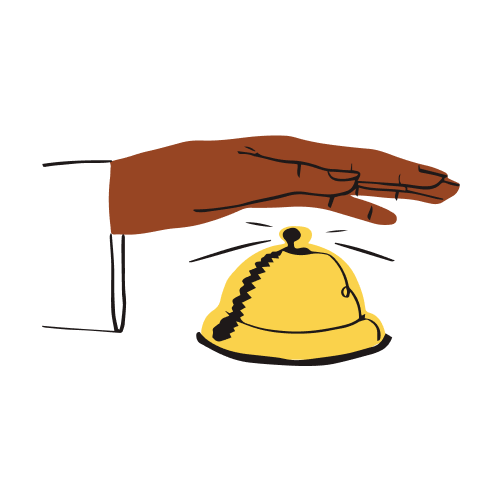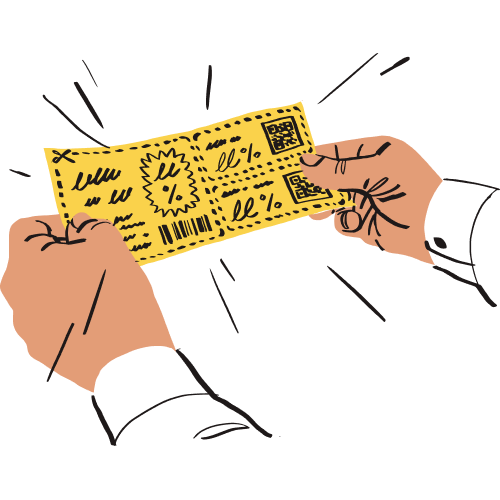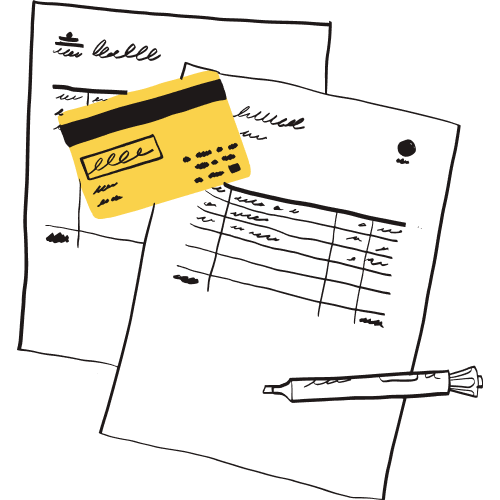Absolutely. As a business owner, you should use the plan as a dynamic document that evolves with your business. Regularly reviewing and updating your plan ensures it remains relevant and aligned with your goals.
As you expand and gain insight from competitive analysis, market research, target customers, and social media feedback, it’s important to adjust your business model and business plan for optimal growth.
If you have a management team, take time to meet with them to review what works and what doesn't, along with the competitive advantages your own business has. Take these advantages and highlight them in your business plan.













